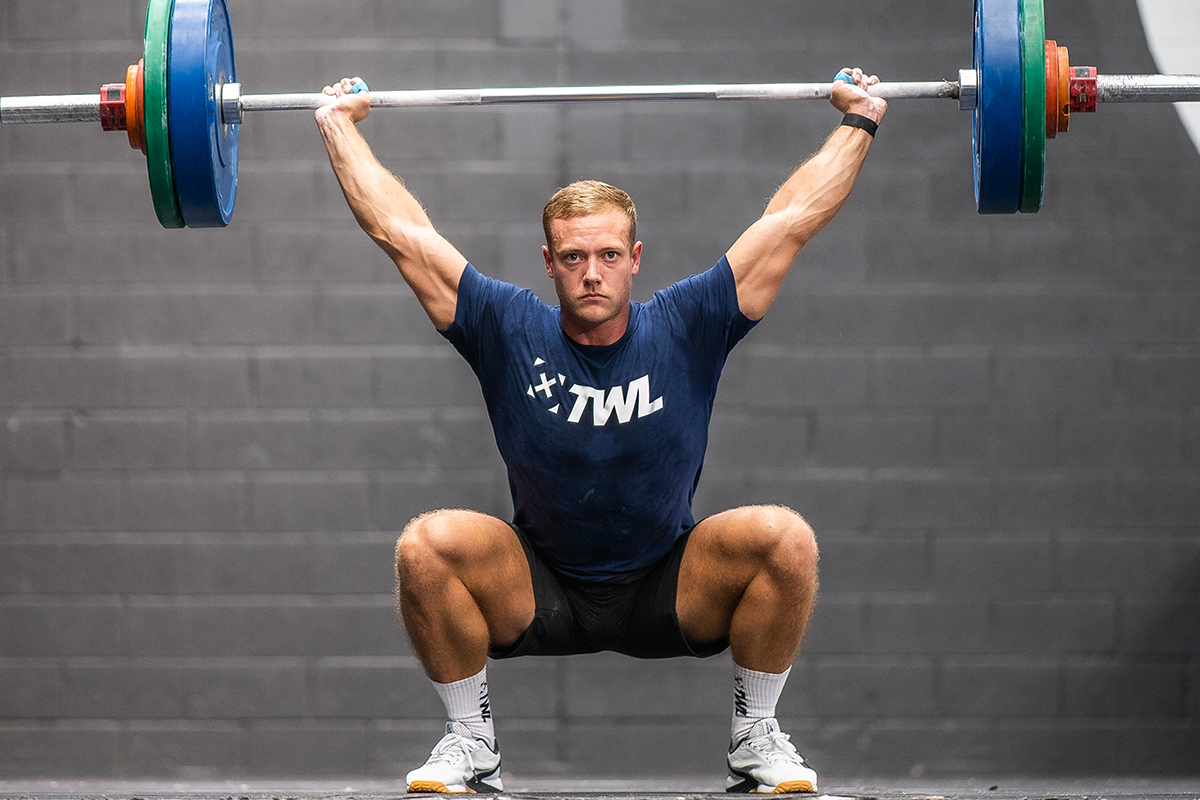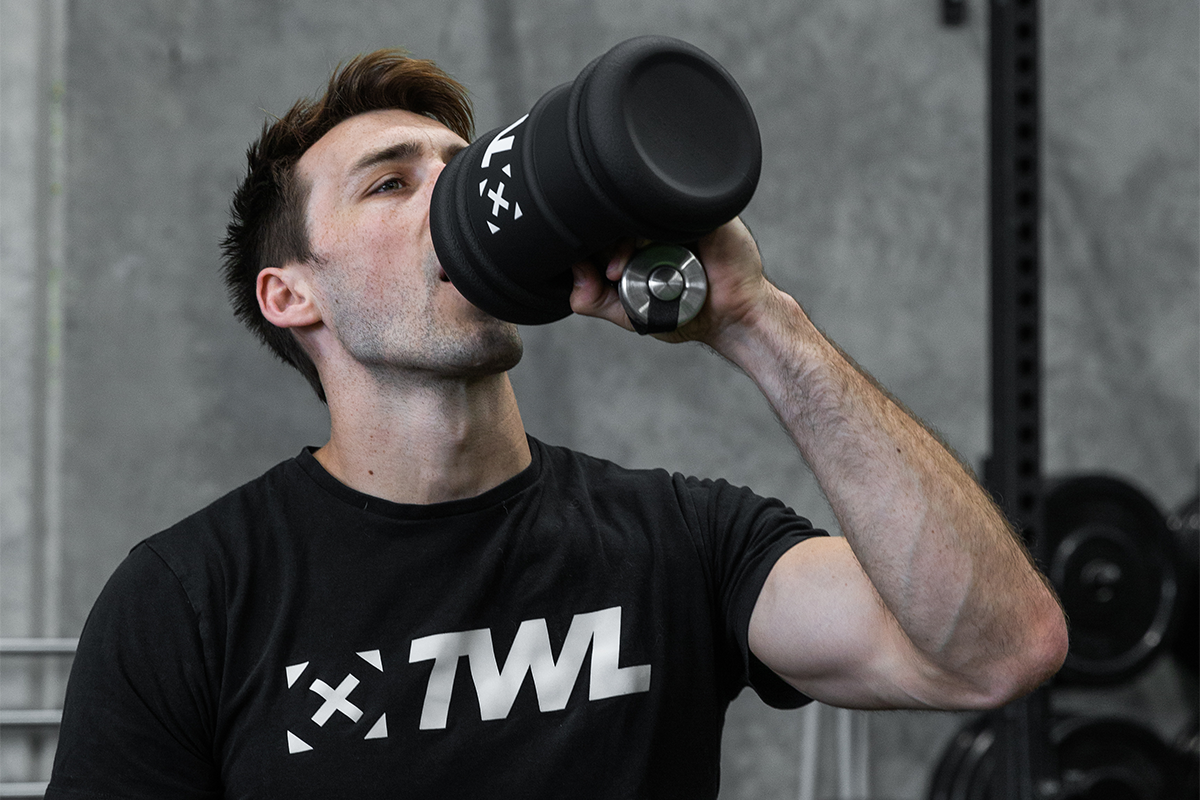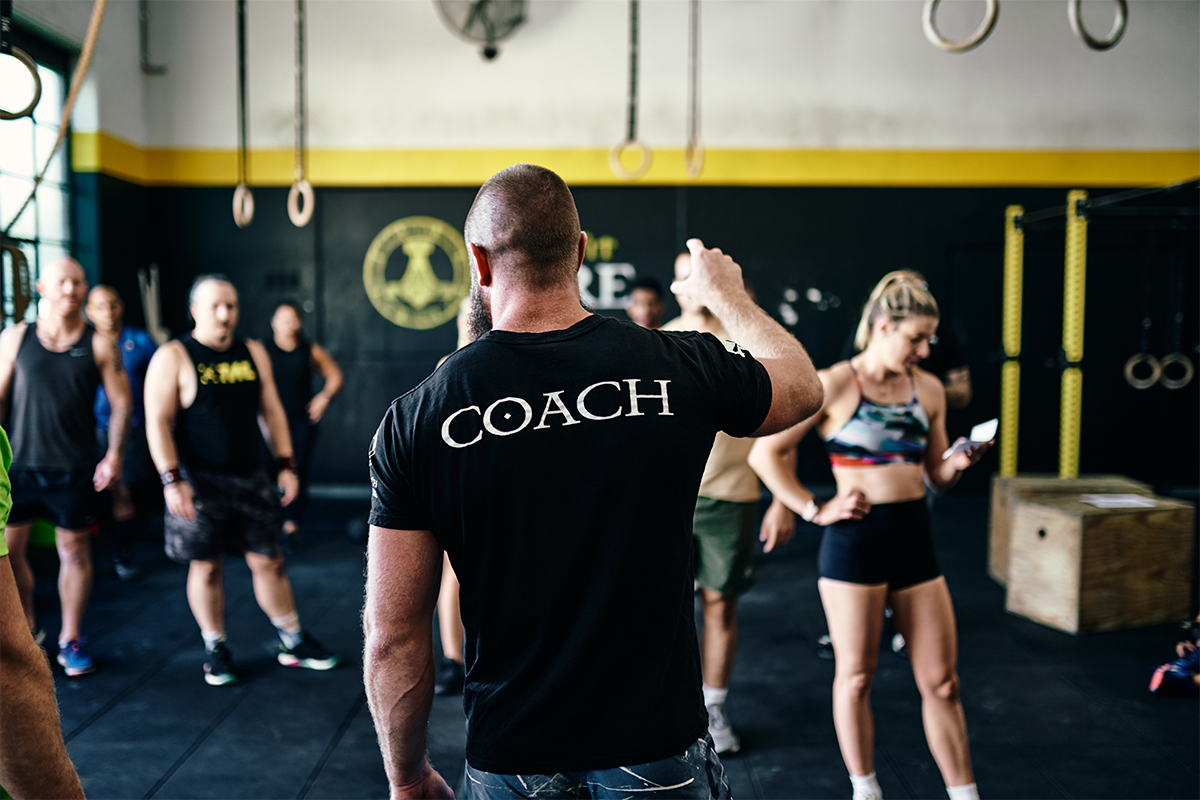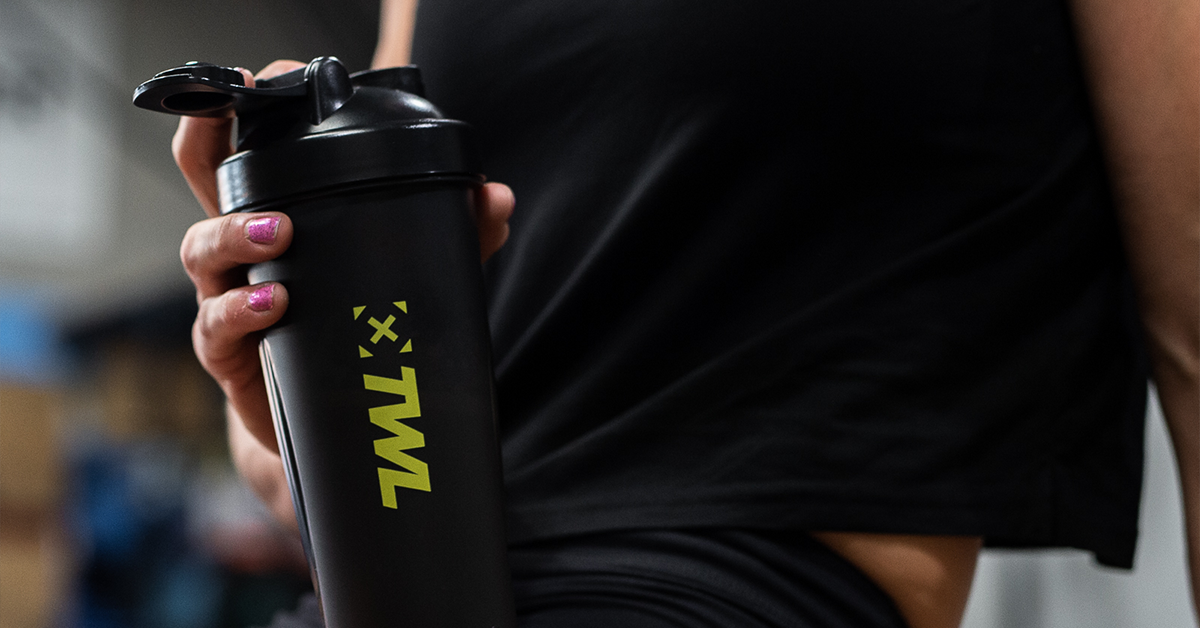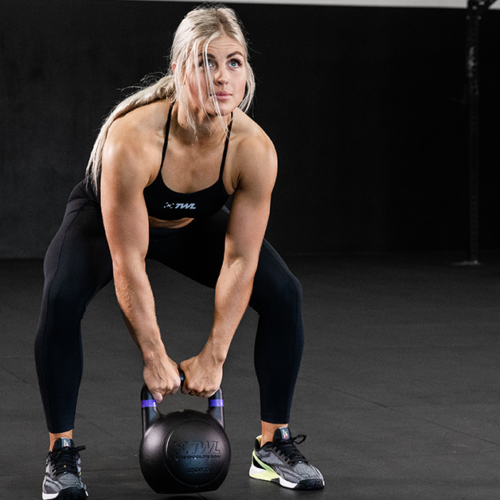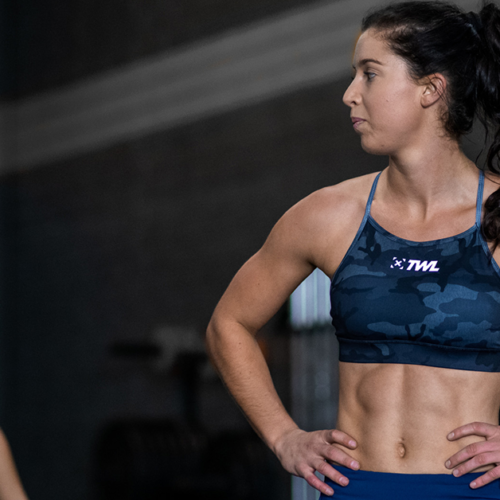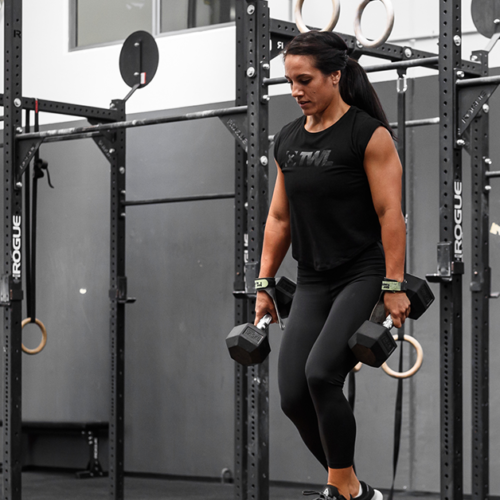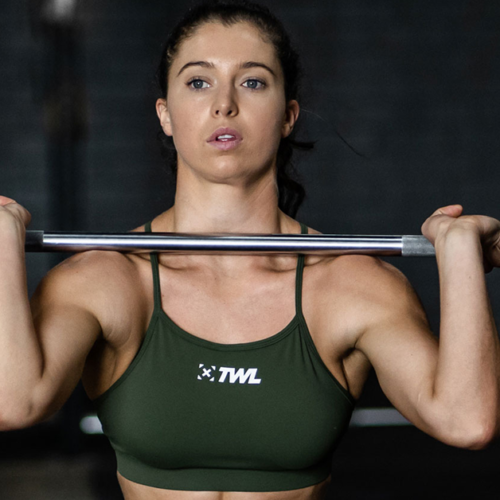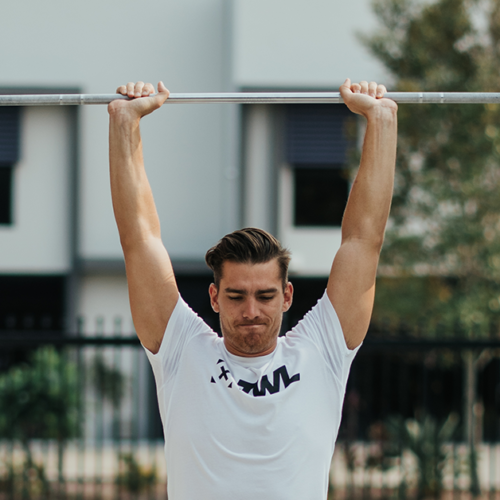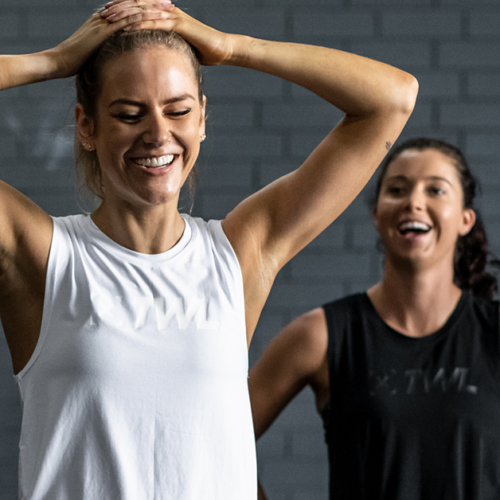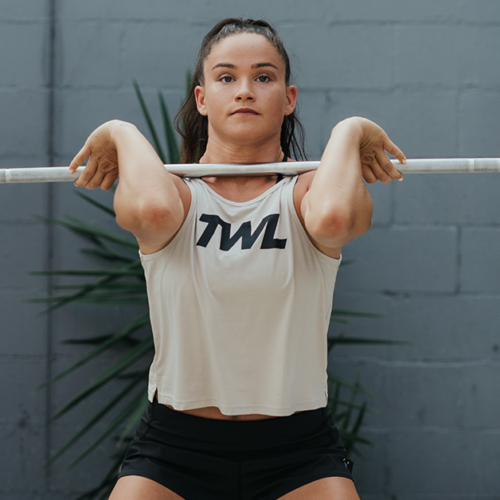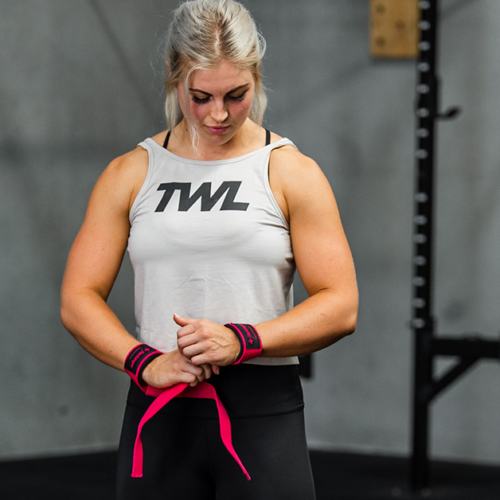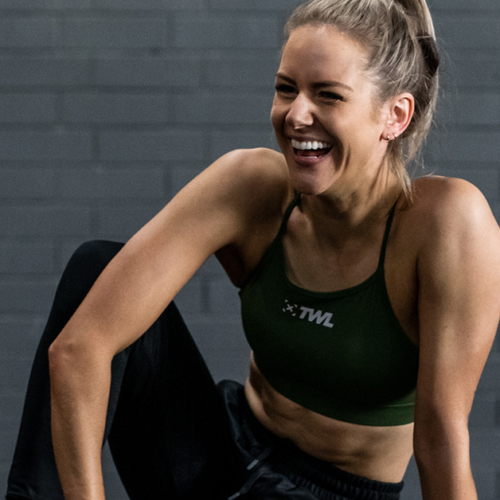You may be considering shifting to a vegetarian diet for its health benefits. However, most people would warn you against it because of the misconception that you cannot get enough protein from a vegetarian diet. The truth is you can.
A healthy diet contains a sufficient amount of three important macronutrients: carbohydrates, fats and proteins. Each of these is important to your diet, and failure to consume enough of any of the three can lead to malnutrition. Protein energy malnutrition happens when one consumes too little protein.
There are two types of protein energy malnutrition:
- Kwashiorkor protein deficiency: when you consume enough calories but an insufficient amount of protein.
- Maramus protein deficiency: when you consume too little of both calories and protein.
Both can have significant negative effects on your body, one major consequence being tissue breakdown.
View this post on Instagram
How to Make A Vegetarian Diet Work
Overall health comes from regular physical activity and a healthy, balanced, satiating diet. Your workouts would be fruitless if you were feeding your body too little or too much. If you’re going to remove meat from your diet, you must replace that protein source with something else. Here are a few things to keep in mind if you’re considering going meatless.
Don’t be Lazy
Make an effort to watch what you eat. Analyze your diet to determine if you’re consuming enough of the three important macronutrients. Match your level of activity with the number of calories and protein you consume. The more you exercise, the more of these nutrients you need.
If you’re trying to build muscle, protein is particularly important. If you’re going to have a special diet (such as a vegetarian one), extra caution must be taken that you’re covering all your bases. It’s too easy to be lacking in protein, even without knowing.
Eat the Right Food
Always note the type of food that you are eating. Ask yourself, “Am I eating this for the carbohydrates or the protein?” Most people gear toward consuming carbohydrates because it’s the fuel they burn. Some carbohydrate-rich foods contain protein, but it’s also important to consume foods that are high-density sources of protein.
Here are some great vegetarian sources of protein:
- Seeds
- Nuts/nut butters
- Legumes
- Eggs/eggwhites
- Cottage cheese
- Greek yogurt
- Lentils
As always, try to avoid highly processed versions of these foods, and look for the ones with the purest and shortest list of ingredients.
View this post on Instagram
Grain protein powders can be reliable, but so are whole-grain breads and sprouts. You can turn to the superfood spirulina or more accessible dark green leafy vegetables such as broccoli and spinach. You can also get whey protein from protein shakes and bars, but remember that these are supplements, meaning that they should complement protein from healthy, whole foods — not replace it.
Say No to Protein Bombs
Your body cannot process huge amounts of protein at once. There is no use in consuming a protein shake or protein bar with a large amount of protein. Your body will likely fail to absorb this, making the effort futile.
Make sure to space your protein throughout your day, getting an appropriate amount with each meal or snack. As a vegetarian, we sometimes forget about protein until the end of the day and then try to cram it all in. Avoid this at all costs.
View this post on Instagram
A Time for Everything
There are times that your body is most capable of absorbing nutrients. Your body is hungriest when you wake up. So, giving yourself protein 30 minutes after you wake up is a great way to kickstart your day. Another critical period to consume protein is 30 to 60 minutes after a workout. During this time, your body is a sponge for nutrients, and protein is good to help repair your muscles.
Finally, ending your day with some protein will give your body enough to work with while you sleep. During sleep, your body takes time to repair your muscles. This dose of protein helps your body do so more efficiently.
Although it might take a little extra planning, a vegetarian diet is a viable option for everyone. The main thing to keep in mind is this: without meat, you might have to make a great effort to get protein elsewhere. Keep an eye on your macronutrients and check in with yourself regularly to see how you’re feeling and performing, and you’ll have no problem making a vegetarian diet work for you.



